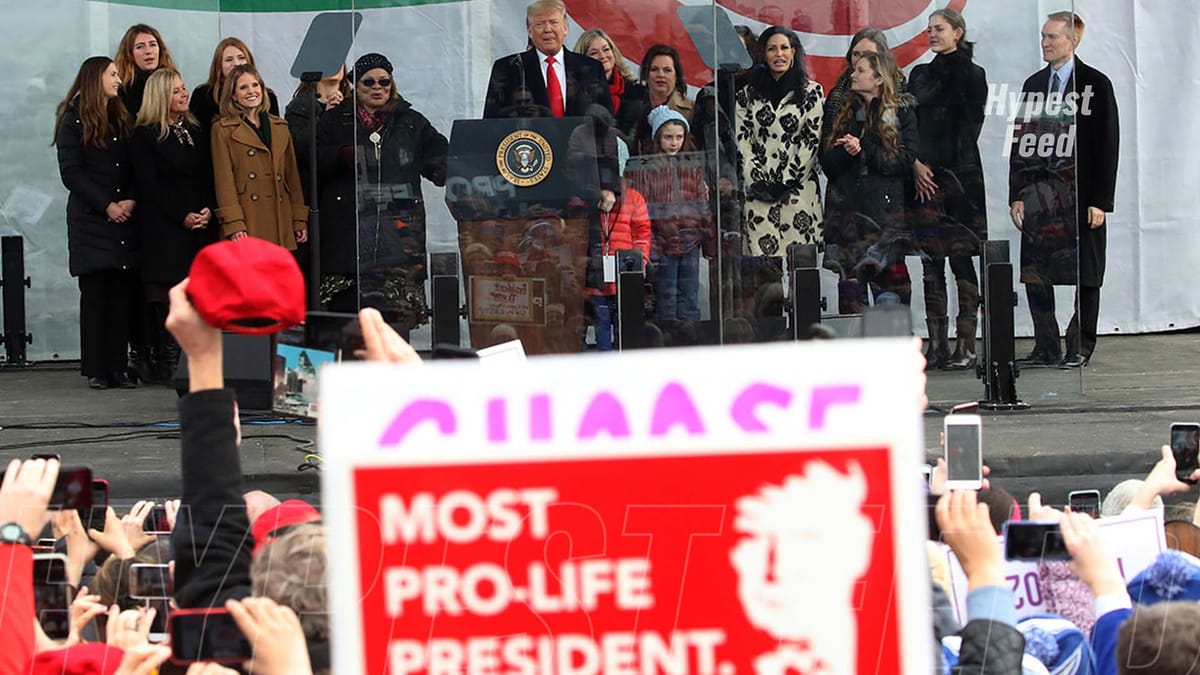Senator Lindsey Graham, a prominent Republican and supporter of former President Trump, is among those voicing criticism over Trump's recent stance on abortion, where he advocated for state-level decision-making on abortion restrictions. Graham expressed his disagreement with Trump's assertion that abortion should be treated as a states' rights issue, emphasizing that there exists a broader American consensus regarding limitations on late-term abortions. Trump's remarks, made via video on Truth Social, suggested that states should determine their own abortion policies through legislation or voting. Graham countered this by arguing that the states' rights argument would not align with the prevailing national sentiment on late-term abortions and compared it to the infamous Dred Scott decision. Furthermore, Graham highlighted scientific evidence indicating fetal development at fifteen weeks and emphasized the capability of the unborn child to feel pain. In response, Trump criticized Graham on Truth Social, accusing him of undermining the Republican Party's interests and playing into the hands of the Democrats. He suggested that Graham's stance on abortion could cost Republicans electoral victories and ultimately benefit the Democratic agenda.
In contrast to Senator Lindsey Graham's criticism, several other Republican lawmakers offered varying responses to former President Trump's recent stance on abortion. Representative Greg Murphy of North Carolina, co-chair of the GOP Doctors Caucus, expressed agreement with Trump's position on a national ban on abortion. He emphasized his pro-life stance while acknowledging the Supreme Court's recognition of states' rights to establish their own abortion policies. Similarly, former House Freedom Caucus Chair and Trump ally, Representative Scott Perry of Pennsylvania, supported the Supreme Court's decision granting states authority over abortion regulations, citing concerns about the radical Left's stance on unrestricted abortion access. Representative Nancy Mace's spokesperson from South Carolina echoed support for Trump's statement, emphasizing adherence to the law and advocating for protections for specific circumstances such as in vitro fertilization and exceptions for rape, incest, and maternal health. Republican reactions to Trump's announcement underscored the party's nuanced approach to the contentious issue of abortion, reflective of ongoing political tensions following the Supreme Court's reversal of Roe v. Wade.
President Biden's campaign and Democrats nationwide have capitalized on public frustration, warning of a potential national abortion ban under Republican leadership. Senate Majority Leader Chuck Schumer emphasized the need to scrutinize Trump's evolving stance on abortion, recalling his previous vacillations on the issue. Senator Tammy Baldwin of Wisconsin, facing a tough re-election battle, condemned Trump's position, linking it to restrictions on women's reproductive rights. Despite Trump's assertion against federal restrictions, Baldwin's campaign highlighted the impact of overturning Roe v. Wade on state-level abortion laws. Senator Jon Tester of Montana echoed similar sentiments, underscoring the importance of safeguarding individual freedoms amid mounting challenges to abortion rights. House Minority Whip Katherine Clark criticized Trump for his role in curtailing reproductive freedoms, attributing the erosion of women's rights to his policies. Senator Tim Kaine of Virginia cast doubt on Trump's credibility, cautioning against taking his words at face value and suggesting that his actions would reflect a different agenda. Democratic reactions underscored concerns over potential threats to abortion rights and the need for vigilant advocacy in defending reproductive autonomy.



Member discussion: